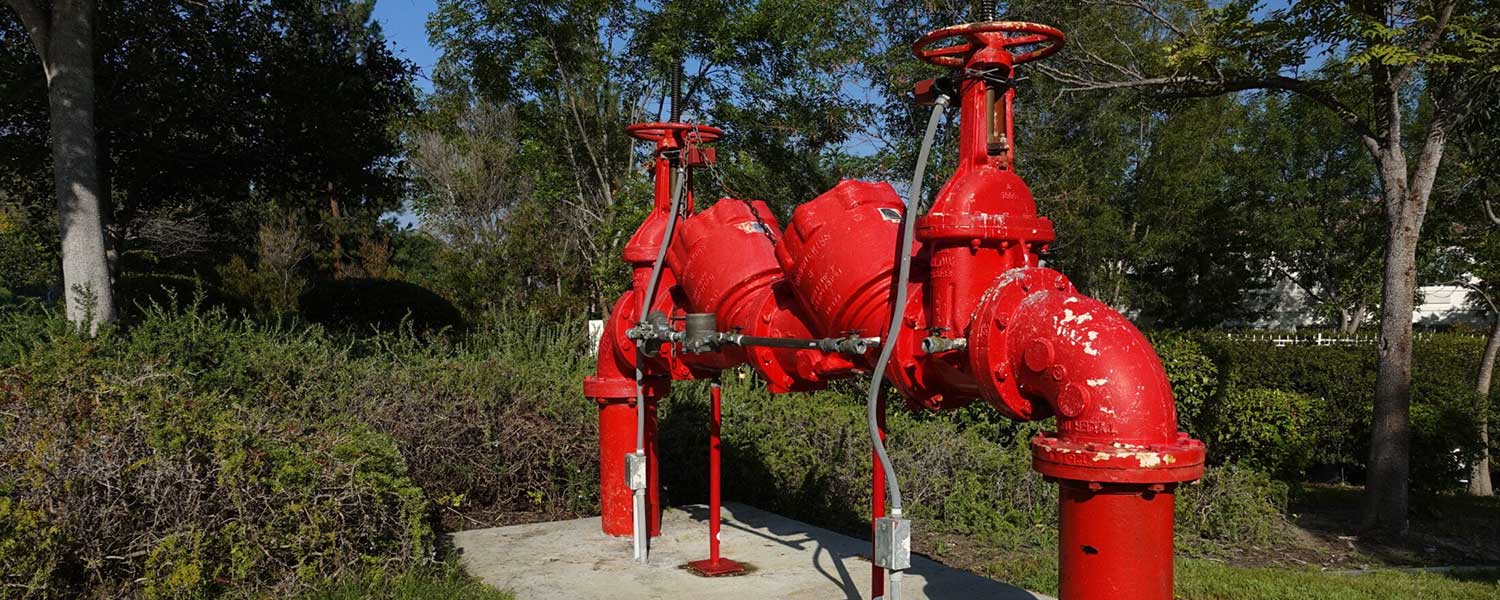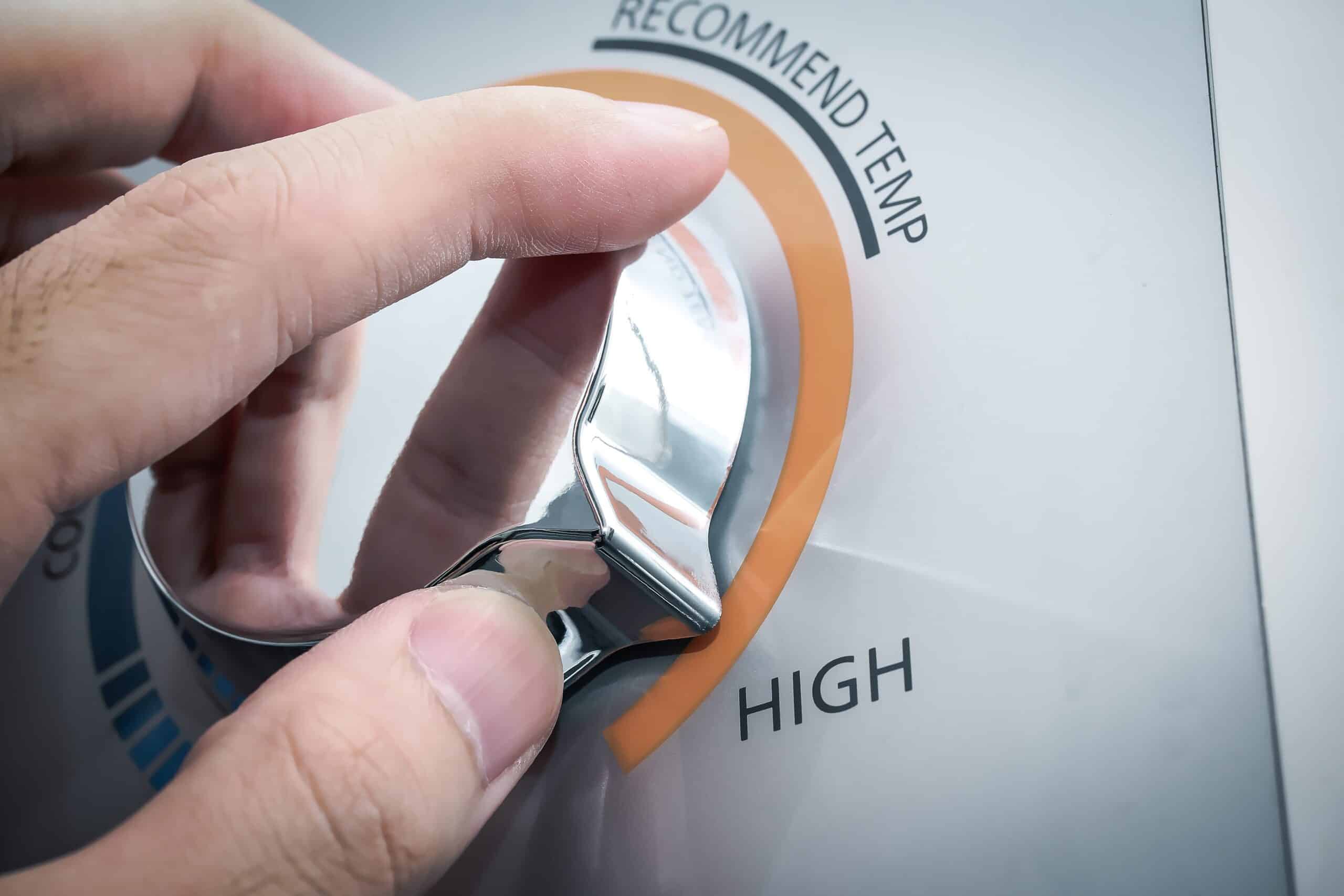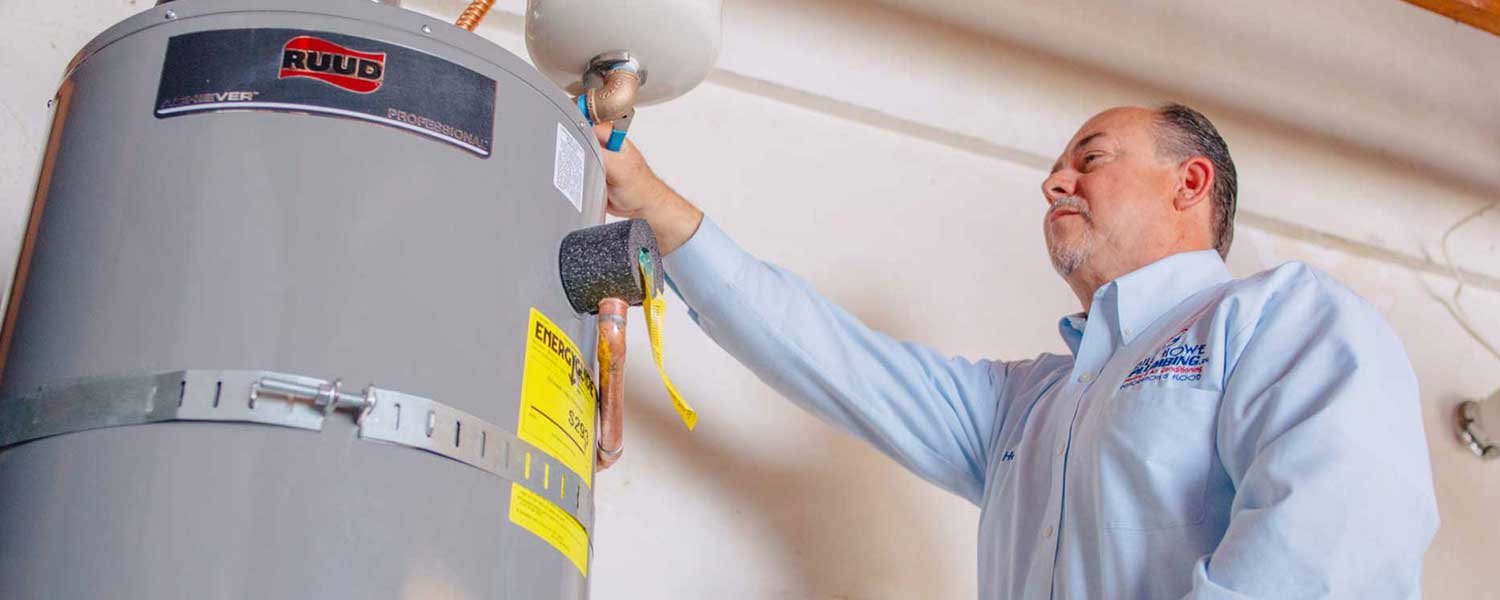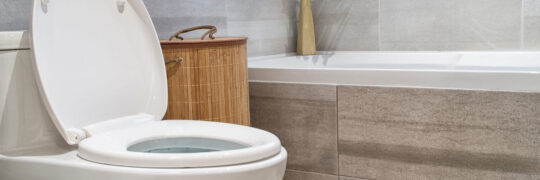Black water comes from toilets and urinals, and grey water (also called greywater, graywater, or gray water) makes up the rest of the wastewater in a home or business. While black water isn’t suitable for reuse due to fecal matter and urine, grey water can be used for many applications both inside and outside. Some state and local ordinances dictate how gray water can be used, so be sure to check the rules for your area.
When we recycle wastewater, we reduce the consumption of fresh water. Using less freshwater can lower utility costs and help ease demands on public water sources. Reusing wastewater also reduces the amount of wastewater going into sewers and the costs of treating that water, creating a community-wide benefit. Whether you recycle all your home’s gray water or use it for select applications, every gallon you reuse makes a positive difference.
What is greywater?
Grey water is domestic wastewater without fecal or urine contamination from homes and businesses. Common sources of gray water include bathtubs, showers, sinks, washing machines, and dishwashers. Because graywater has fewer pathogens than other wastewater, it can be safely used for non-potable use, such as landscape irrigation and toilet flushing.
With proper water treatment, this wastewater can be an ideal source of irrigation for edible and non-edible plants and flowers. The rich nutrients like nitrogen and phosphorus typically found in greywater are excellent sources of nutrition for all types of plants. While it’s important to note that untreated water may contain some pathogens, it can still be used for toilet flushing and non-edible plants. Overall, the biggest benefit of a gray water system is it reduces the amount of freshwater needed to supply a household.
What is a grey water system?
A home or business greywater recycling system captures wastewater from laundering, bathing, and other non-toilet-related water use. Depending on the type of water treatment system, you could recycle most of your home’s wastewater. That water can be used for everything from irrigating trees and indoor plants to providing a constant water source for your garden ornamentals, and even to irrigate food crops.
Did you know grey water makes up around 75 percent of a typical home’s wastewater emissions? Imagine reducing your utility costs, keeping your garden growing, and contributing to your community just by reusing water that would have gone to waste. A single-family home can save about 2,600 gallons of water per year using a graywater system, and it costs a fraction of what freshwater does.
How to optimize the use of grey water
Depending on your goals, a home greywater system can be as simple or elaborate as you need it to be. Typically, the more extensive the water treatment system, the more water you’ll be able to recycle, which leads to greater savings and environmental benefits. When you consider how often we wash clothes, take a shower, and do the dishes, it’s obvious that gray water is a plentiful source of reusable wastewater.
Recycling Wastewater From a Washing Machine
A washing machine in a typical home uses the most water of any appliance. The average family in the U.S. washes about 400 loads of laundry annually, equating to as much as 16,000 gallons of water. That’s a significant amount of water that could be used for so many applications. From installing a filtration system or irrigating a vegetable garden to plumbing the wastewater directly to your toilet for flushing, putting wastewater to work makes sense.
Reusing Wastewater From a Shower or Bath
Wastewater from a bath or shower contains less organic matter than water from a washer or kitchen sink. The lower level of organic load in bath water makes it easier to reuse with a simple wastewater filtering system. Even when using a filter, the water should be directed underground to prevent pooling and runoff.
Recycling Wastewater From Sinks
Grey water is considered sewage in some municipalities, make sure to check your local ordinances for your options. In general, untreated greywater from sinks with large amounts of food and other organic waste should be avoided. For most residential sink wastewater, a basic filtration system provides plenty of water for outdoor use.
Basic greywater guidelines
The quality of your residential wastewater and what it can be used for will depend on how it’s treated before use. With or without a wastewater treatment system, you can take steps to safely make the most of this valuable resource.
Use Natural Cleaning Products
You can make your grey water safer and use it for a broader range of applications simply by minimizing the use of harsh chemicals. Low or no-sodium soaps, shampoos, and detergents are an excellent place to start.
Keep Organic Debris to a Minimal
A sink strainer in the kitchen will catch much of the food waste and keep it out of your wastewater. Hair strainers in the bathroom sink, shower, and tub do the same for hair and similar organic matter.
Don’t Store Greywater
Even if your home uses a water recycling system, the treated water shouldn’t be stored. The nutrients will break down quickly if the wastewater is stored, and it will emit a foul odor.
Remember That No Greywater is Potable
Treated residential wastewater could potentially contain pathogens, so it is never safe to drink for humans or other animals. Ensure that your recycled water seeps into the ground and doesn’t pool or create runoff.
Too Much of a Good Thing?
Because grey water should be used immediately, it can be easy to oversaturate your soil. Overwatering can damage the roots of many plants and can be incredibly stressful for drought-resistant trees and shrubs, so just be mindful about how you use your gray water.
Why call Bill Howe for water treatment systems in San Diego?
The Bill Howe Family of Companies serves San Diego and the surrounding area with residential and commercial services. We’ve got you covered when you want the very best in residential water filtration, softening, or other treatments. Since 1980, our family-owned and operated business has helped tens of thousands of satisfied customers who love Howe we get things done.




